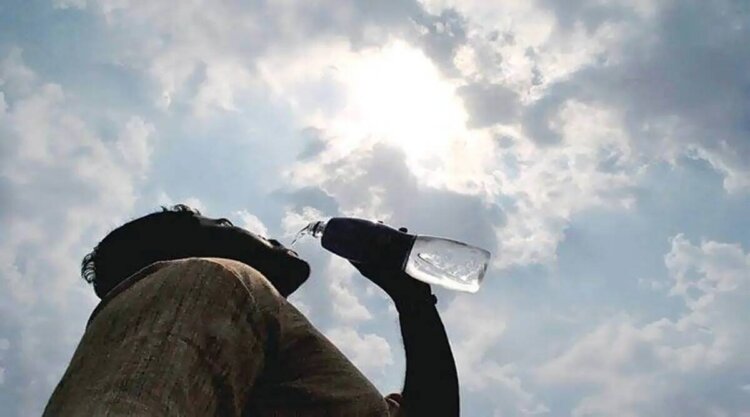Temperatures in several places of India have risen over 45 degrees Celsius.
While the India Meteorological Department (IMD) has issued a heatwave warning, health experts have warned people to take precautions to avoid ailments induced by severe heat.
Dehydration is a typical condition that people suffer during a heatwave, and it can lead to gastrointestinal and respiratory problems.
As per Doctors, “During summer, we lose a lot of water. If you do not take proper care, you can present dehydration and gastric problems, slight feelings of nausea and feelings of extreme weakness”.
As mercury levels rise, the bacterial composition of the gastrointestinal (GI) tract changes, which can produce flare-ups such as pain and diarrhoea.
Consuming food that has been out in the open for an extended period of time can also alter your bacterial composition and produce a variety of gastrointestinal troubles.
When digestive function declines, symptoms such as loss of appetite, constipation, heartburn, and irritable bowel syndrome develop.
A heatwave, according to Docter, can also exacerbate respiratory problems for many people when the pollen count in the air rises.
“Allergies arise as a result of respiratory problems caused by heat when pollen counts rise and pollution levels rise.” “Direct sun rays can cause coughing, running nose, and shortness of breath,” stated Dr. Agarwal.
Dr Vijay Kumar Gurjar of Primus Super Speciality Hospital offered precautionary measures to avoid gastrointestinal and respiratory ailments during the heatwave.
- Drink enough of water throughout the day to avoid dehydration and improve your general health.
- Eat light meals: Choose smaller, more frequent, easy-to-digest meals. Avoid heavy, oily foods, which can aggravate stomach problems.
- Avoid hot and acidic foods because they can irritate the stomach and worsen symptoms. Instead, choose bland, low-fat items.
- Maintain proper airflow and temperature control by seeking out air-conditioned areas or using fans.
- Take breaks in shaded areas: To lessen the pressure on your respiratory system, limit your exposure to direct sunshine and seek shade.
- If the air is dry, use a humidifier to relieve respiratory discomfort and soothe inflamed airways.
- Keep an eye on the air quality: Examine the air quality indexes and avoid outdoor activities when pollution levels are high.
Remember, if your symptoms persist or worsen, you must seek medical attention immediately.
Source:IT







 Finance
Finance







